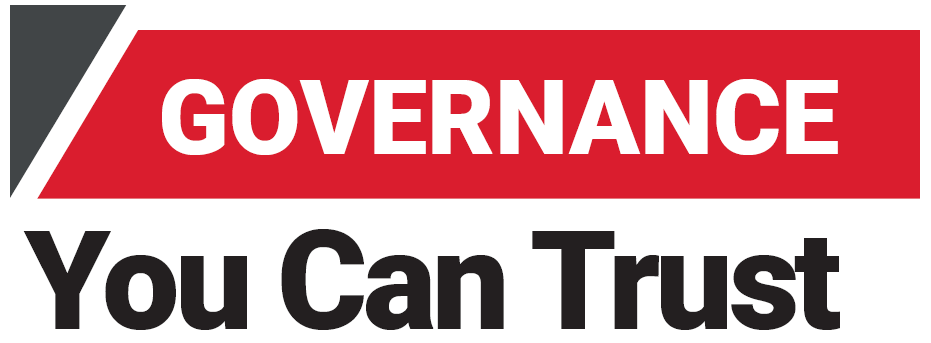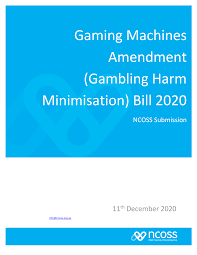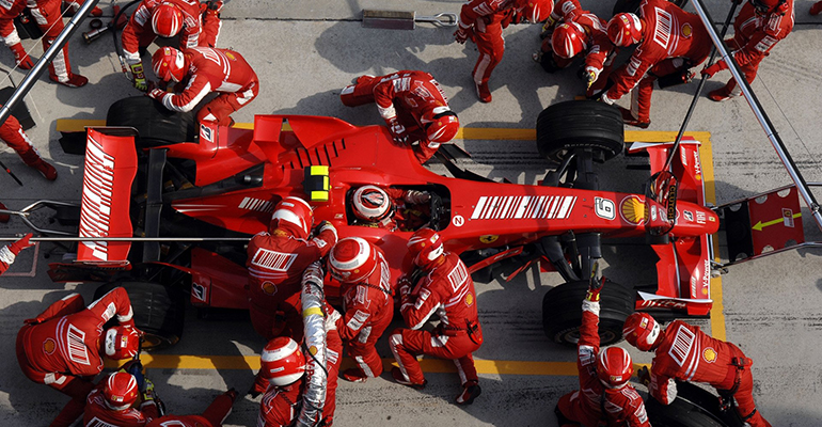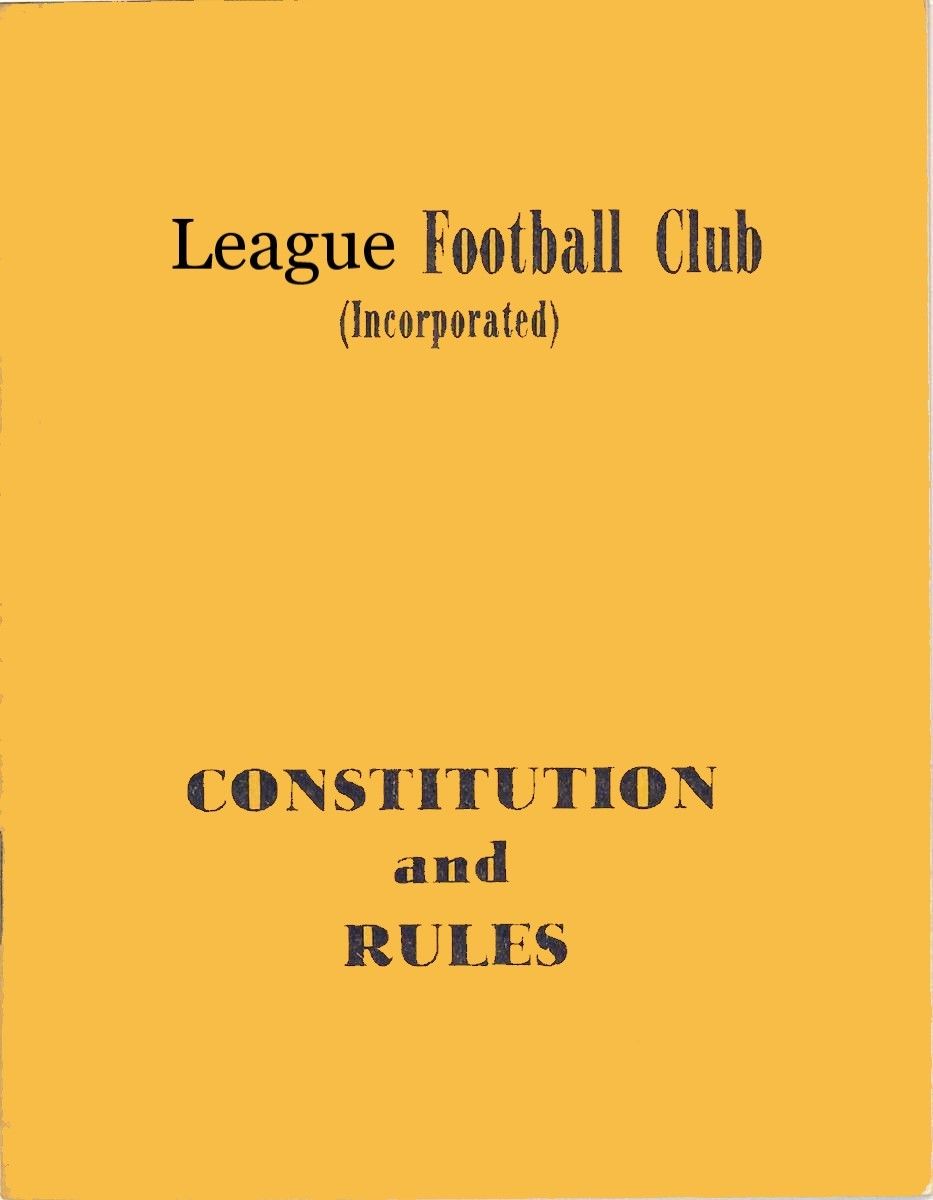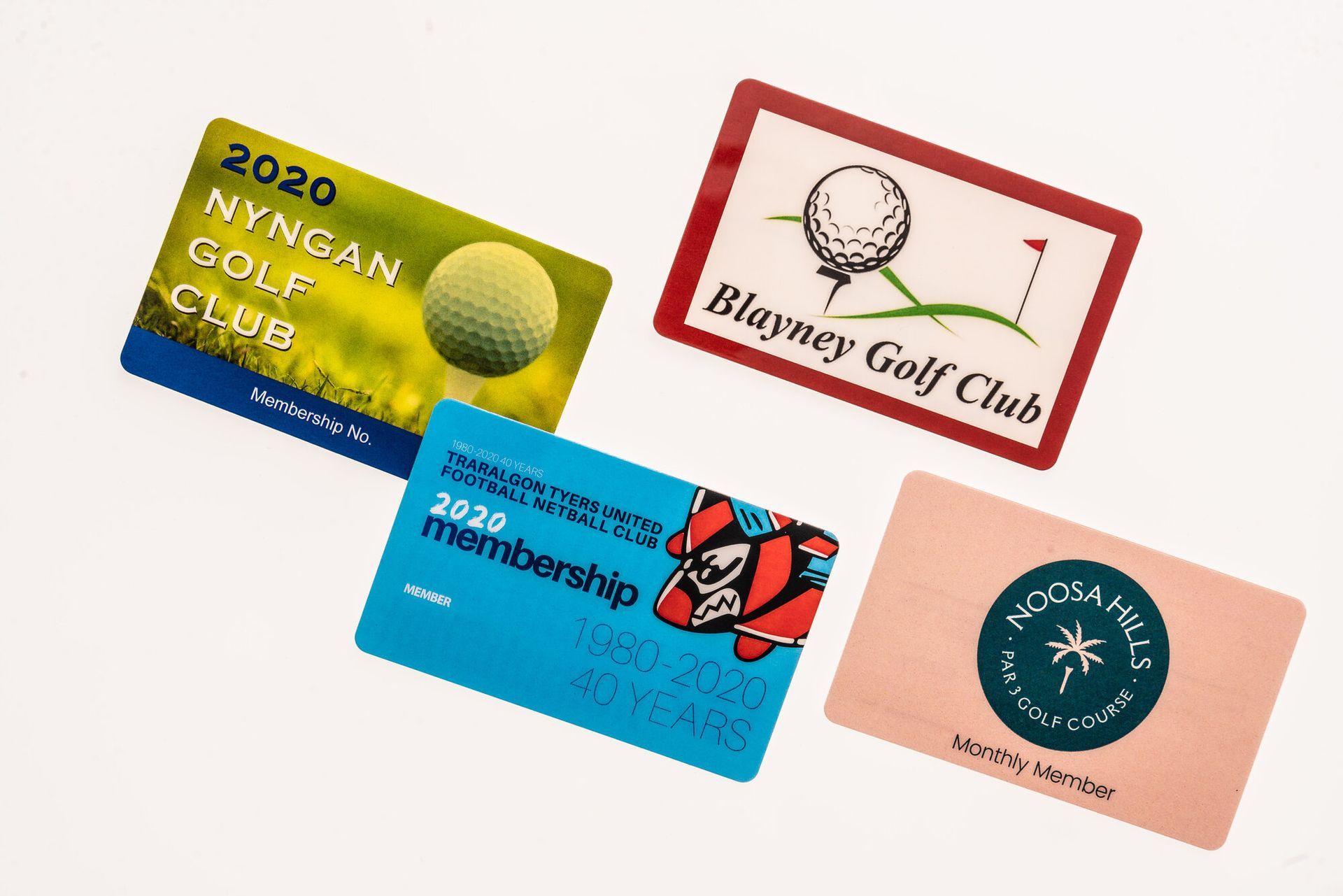Dealing with the competition
I often ask client clubs “what business are you in?”
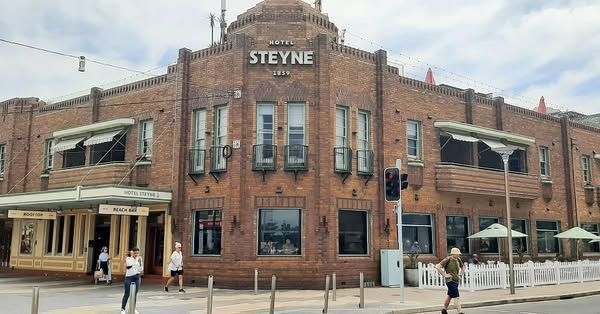
Dealing with the competition
I often ask client clubs “what business are you in?” Their response is inevitably the club industry, so my next question is “who is your competition?” Again, the usual response is other clubs and pubs.
This is a myopic view of the business they are in. If you are a club, pub or restaurant, you are in hospitality and depending on the breadth of products and services you offer, you can be competing with businesses outside of plain hospitality.
Direct competition
If you provide food and beverage products and services then you are in direct competition with any other food and beverage outlet, from fast food takeaways to hatted chef restaurants, and everything in between. Local shopping centre food courts are major competitors, as they realised that if you feed them, then the customers stay longer and shop more.
Home delivery, through Uber Eats, DoorDash and the like are also major competitors although the delivery fees are starting top become prohibitive, creating a rethink amongst some patrons. You can order any style of cuisine and have it delivered to your door, without having to leave the comfort of your own home.
How do you compete with such a huge range of competitive offerings? You need to take a long hard look at what patrons ‘experience’ in your venue. They need a really compelling reason to come out - day or night – to visit your venue for an experience they cannot experience at home, or at your other competitive venues.
You have to be able to hit the right combination of so many factors:
X Ambience – you have to feel like their preferred alternate lounge room or dining room, so warm and welcoming, and comfortable – like an old, well-worn pair of slippers.
X Quality – your product needs to be something that they salivate over, when they think about eating or drinking at ‘your place’. Top quality food ingredients combined into a delicious meal and the best tasting beer, great selection of wines and even the right, enticing spirits/cocktails to make each visit memorable. And if it is a special occasion or event, you have to blow them away with the quality you deliver.
X Service – your service needs to be outstanding. This is wholly and solely reliant on your people. Hire staff with a great attitude, train them to have the best skills and instil in them the joy of delivering outstanding service to every patron. I was at a wedding reception only last week where the staff were a cut above – delivering the three course meal with a four plate carry (rare to see these days) and ever attentive to (responsibly) topping up drinks. Attentive without being obtrusive, and responsive to patrons’ requests.
X Value for Money – your offering must provide patrons with the sense of value for money. If you have higher prices than your competitors, you must provide a significantly better product. Expensive isn’t a sin, provided the quality and service combine to deliver a value for money offering – matching the patron’s expectation. And cheap doesn’t need to equate to inferior quality or shoddy service. If you know what you are doing with your purchasing, if you have a chef who understands portion costs (my favourite soap box topic) and a team who don’t kill you with slow and inefficient service, requiring a top heavy roster, you can still make money and deliver to the customer’s expectation with a lower priced/bargain offering.
X Communication – rapport with your customers is critical! I believe that if you ‘do hospitality right’ you have fun at work. Engage with the patrons in a worm, friendly and professional manner, but have fun at the same time. Ensure you do not step over the line with your humour (we live in a woke world, so boundaries have changed significantly in my 50 years in the industry) but good natured humour, especially with regular clients, is a great way to maintain the rapport and ambience necessary to bring people back. If there is a problem, let patrons know straight away – be upfront and they will be far more forgiving than if you don’t keep them appraised. Always invite patrons back as they leave – do not ignore them as they walk out the door.
All these factors combine to create loyal customers, who will come back time and again to a tried and trusted venue, meeting their expectations for a good time. Remember, as part of your strategic planning, you need to ensure you have accurately defined who your key target customer(s) is/are, because you cannot be everything to everyone.


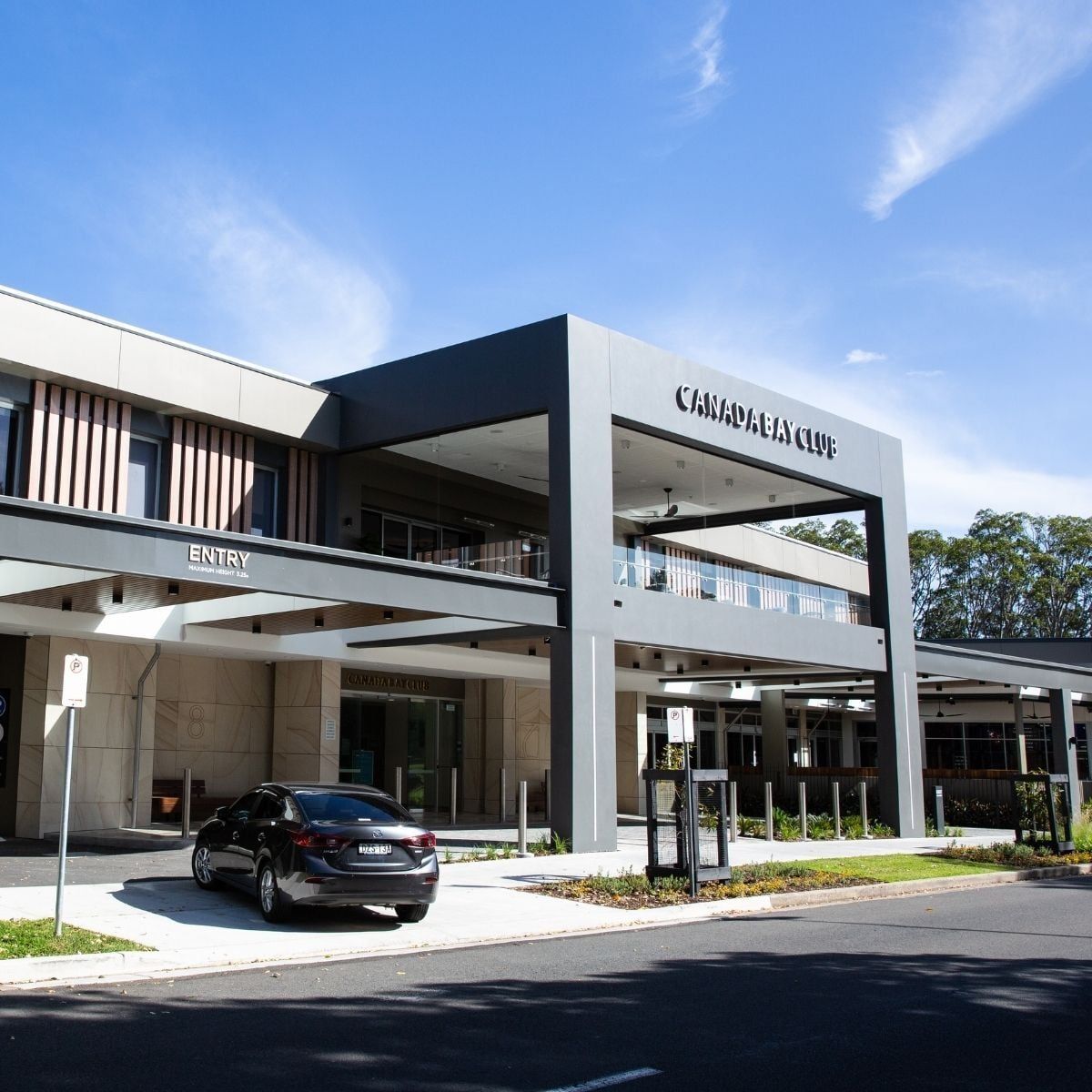
Indirect Competition
Many clubs and pubs (not restaurants so much) offer alternative products and services to the traditional hospitality ones, like accommodation, fitness centres, cinemas, hairdressers, car washes, office space, service stations, shopping centres and other offerings. Whilst anyone offering these products or services will be direct competitors to that, they are indirect competition to your main game.
You still need to address the impact their offering can have in affecting your visitation and revenue. Does your competitive carwash offer food drink and entertainment? Obviously, having a shopping centre or service station collocated with your club or pub, can provide additional visitation to the club, but it can also provide indirect competition, by having patrons eat in the food court or grab a quick take away snack at the servo.
Providing bundled products and/or services can be a potential solution to combat this sort of indirect competition. Great examples exist where clubs with accommodation offer club membership, and the associated discount benefits, to patrons who stay in their motel or cabins. Fitness centres can also be stand alone or part of the club membership and this can enhance the attractiveness of your venue over others.
Personal services, like hairdresser, health or beauty spa or even travel agent, can also be a great draw card to your venue, which bring patrons to the venue for reasons ither than food, drink and entertainment, but then they may stay and indulge as they are there anyway.
The use of product or service bundles can also be a very powerful tool to attract additional visitation and defend against the competition. Meal and show deals, car wash discounts for members, or free coffee with a car wash are all the sorts of defensive strategies that can be implemented, with a varied club or pub offer. Restaurants generally are less affected by these situations but a parking discount deal can be a great benefit, if you can negotiate it with a local parking provider.
Finally, an important competitive strategy for me has always been to focus on what you do, not what the competition does, but monitor their activities. Asses the level of threat they pose to your business and then decide what defensive actions you might need to take to limit their impact on you. Key strategies here are – Ignore (insignificant threat), Match or imitate (medium threat) if you can provide a similar product or service and Challenge (major threat) by doing something that will disrupt their business, before they disrupt yours.
For assistance in assessing and responding to your competition, Ron Browne, Managing Consultant can come and provide his input and perspective, built on 50 years’ experience. Contact Ron ron@extrapreneurservices.com.au or 0414 633 423.
